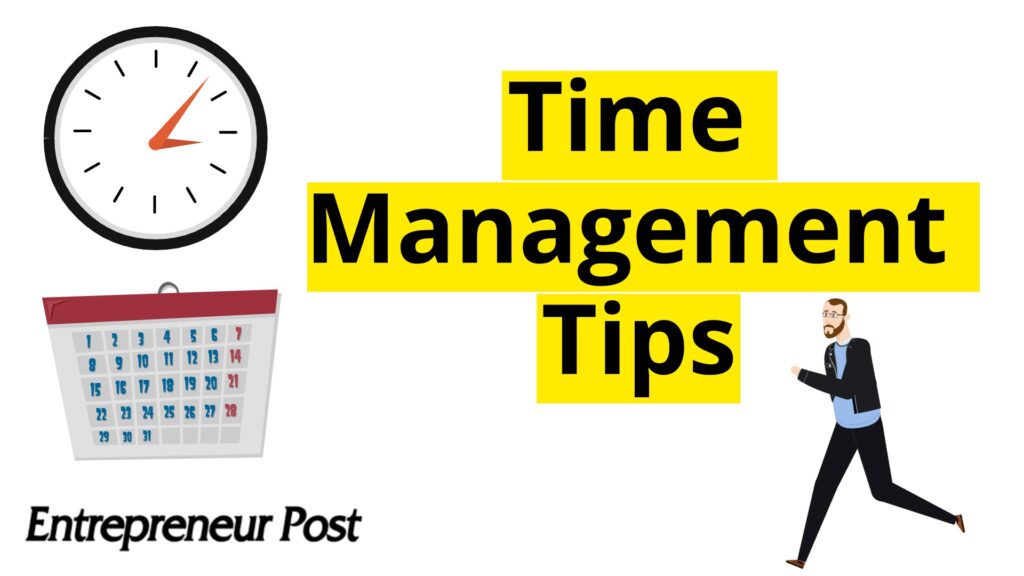Managing time is a big subject to most entrepreneurs, managers and leaders. It is not at all easy to find a way or a strategy to manage your time effectively. What might work for some won’t work for others, and vice versa. Here’s some tips to better manage your time.
- Prioritize tasks: Start by making a to-do list and prioritize tasks based on their importance and urgency.
- Break down tasks: Large tasks can be overwhelming, so break them down into smaller, more manageable tasks.
- Set realistic goals: Be realistic about what you can accomplish in a given time frame, and set achievable goals for yourself.
- Eliminate distractions: Turn off your phone, close unnecessary tabs on your computer, and eliminate any other distractions that may prevent you from focusing.
- Schedule your day: Use a planner or calendar to schedule your day and make sure you allot enough time for each task.
- Take breaks: Taking regular breaks can help you recharge and stay focused. Try the Pomodoro technique, where you work for 25 minutes and then take a 5-minute break.
- Learn to say no: Don’t overload yourself with too many commitments. It’s okay to say no to things that don’t align with your priorities or goals.
- Delegate tasks: If possible, delegate tasks to others to free up more of your time.
- Use technology to your advantage: There are many apps and tools available that can help you manage your time more effectively. Find ones that work for you and use them to your advantage.
- Be flexible: Unexpected events can disrupt your schedule, so be prepared to adjust your plans if necessary.
- Schedule personal time: For entrepreneurs, this is important, as often they forget about the me time. It is important to have work/life balance.
- Reward yourself: Give yourself a reward when achieving the time schedule (or at least a certain percentage of it).
- Schedule rest days: Again for entrepreneurs that can’t stop working. Take a day off weekly!
Some commonly used time management strategies that can be effective:
- Eisenhower Matrix: This is a method of prioritizing tasks based on their urgency and importance, where you divide your tasks into four categories: urgent and important, important but not urgent, urgent but not important, and not urgent and not important.
- Pomodoro Technique: This involves working for 25 minutes and then taking a 5-minute break, and repeating the cycle four times before taking a longer break. This can help you stay focused and productive, while also preventing burnout.
- Time blocking: This involves blocking off chunks of time in your schedule for specific tasks, allowing you to focus on them without distractions.
- Eat the frog: This means tackling your most difficult or unpleasant task first, so that you can get it out of the way and feel a sense of accomplishment.
Related: “eat an elephant beetle” meaning - Single-tasking: This involves focusing on one task at a time, rather than trying to multitask. This can help you be more productive and avoid distractions.
- Goal-setting: Setting clear and specific goals can help you stay motivated and focused on what’s important.
- Delegation: If possible, delegate tasks to others to free up more of your time for important tasks.
- Time audits: Conducting regular time audits can help you identify where your time is being spent and make adjustments to your schedule as needed.
